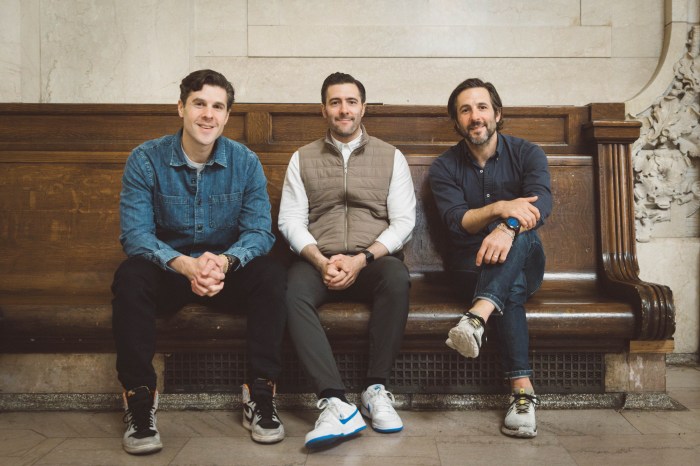The poor “economic health” of New York City’s transit options has the network lagging behind cities around the world, according to a new report.
While ranking best in North America, 22 cities around the world topped New York with more sustainable transportation infrastructure, the global design and consulting firm Arcadis found in its Sustainable Cities Mobility index 2017 published Sunday. New York received high grades for its expansive, 24-hour subway system, but funding concerns, long commute times and looming mega projects helped keep the city out of the top tier.
“New York City has some of the most intricate transportation networks in the U.S. and they are increasingly under strain from an expanding population, limited space, aging infrastructure and a booming economy,” the report stated. “Key to preserving the lifeblood of New York is its connection to New Jersey, from which 400,000 residents commute into Manhattan daily to work, making transit efficiency between the two an imperative.”
The index is built on three pillars. “People” judges mobility by the availability and reliability of mass transit. “Planet” measures mobility based on levels of emissions, bike infrastructure and congestion. And “profit” measures commute times as well as public financing, budgeting and affordability, which covers what the researchers describe as the overall economic health of a network.
New York ranked second in the world for people; 36th for planet and 77th for profit — setting its overall score at 23rd.
Hong Kong ranked first, followed by Zurich and then Paris. In North America, San Francisco and Vancouver followed New York in the ranking.
Specifically, Arcadis highlights the importance of funding and completing the Gateway Program — the $23.9 billion plan that would dig a new rail tunnel under the Hudson River, expand Penn Station and build new bridges to better connect Newark and New York City.
Crippling congestion and high levels of emissions hurt the city’s overall score, according to Jasper Delange, Arcadis transportation project manager. About 30 percent of all the city’s greenhouse gas emissions stem from transportation.
“We decided a city is most sustainable when it’s most attractive to invest, live and work there … even though New York scores high in North America, there’s still things that need to be improved,” said Delange. “The commutes are pretty long. It’s a big city, so it’s logical. But still, relative to other cities the travel time is long.”
On whether the city would be better off with a millionaires’ tax to fund transit, a plan Mayor Bill de Blasio has proposed, or congestion pricing, an idea embraced by Gov. Andrew Cuomo, Delange didn’t choose a side. He welcomed both.
“To be honest both can be very effective,” he said.


































